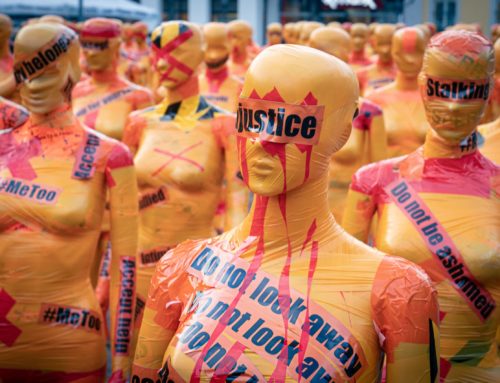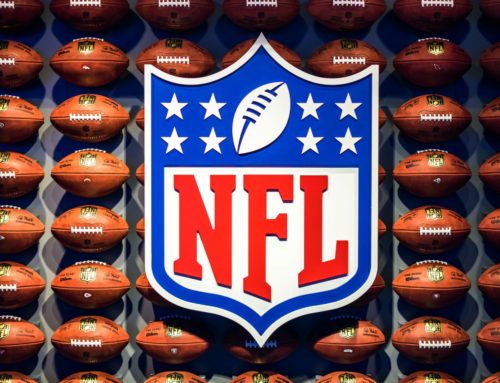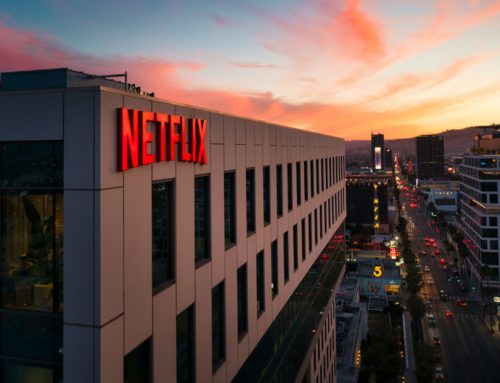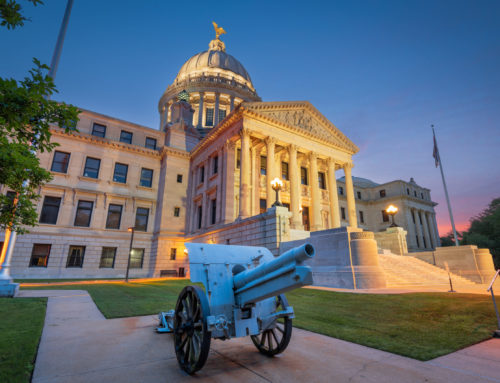Meet Michael Padula, an experienced defense litigation attorney specializing in areas of white-collar crime, Foreign Corrupt Practices Act (FCPA) violation, money laundering and asset forfeiture, amongst others. After a career working for Carlton Fields in Miami and the Department of Justice (DOJ), Padula opened his own firm in 2019 practicing in Miami and Washington D.C. while catering to international clients. Padula opened up for a candid conversation on his extensive career and what clients need to know about his dedicated approach to each case.
Tell us a bit about your background. How did you get started in the legal field?
I decided to become a lawyer after watching probably every episode of LA Law while in high school. I loved to see how cases started and ended up in a trial. I knew this was for me. While in college, I stayed close with family friends who were lawyers and they’d advise me on the types of classes to take.
After law school, I was working at a large law firm in Washington, D.C. Much of the work involved qui tam cases as well as mergers and acquisitions. It was fun but I wanted to spend more time in the courtroom. So I applied to be a state prosecutor with the Miami-Dade State Attorney’s Office. I was ultimately hired and then moved to Miami in 2001. I worked there for several years. Back then I handled almost every type of state felony case. For a few years I was in the unit that prosecuted crimes against children, which I found very rewarding. Eventually I decided it was time to move back to Washington, D.C. where I worked for the DOJ.
How did your time working for the DOJ prepare you for what you do now?
Working for the DOJ was the single most important preparation for my current work. Most of my work is in the federal courts, so having the background as a federal prosecutor has been immensely helpful. Plus, since I was with a Main Justice working at DOJ headquarters, my cases were literally spread throughout the country. Thanks to that experience, I’m accustomed to having cases in a jurisdiction other than the one in which I am living.
Why did you choose to leave the DOJ and open your own practice?
I always enjoyed my time in public service. The goals are different. However, I always knew that I wanted to have my own law firm at some point in my career. I was fortunate to work with some amazing people at Carlton Fields. After a few years there it just seemed like the right time to make a move.
When you launched your own firm, what were the areas of practice you felt most compelled to focus on and why?
I chose to focus on white collar criminal defense. However, that involves many different things. Most of my clients are not charged with any offenses. They are either government witnesses, or work for companies which are under investigation and as an executive or employee with that company they need legal representation. Recently I have been involved mostly with a large-scale tax evasion case and FCPA cases. I have also handled complex money laundering cases since I was formerly in the money laundering section at the DOJ.
What would you say is the most valuable attribute or service that you provide to your clients?
I am available to my clients 24/7 no matter where in the world they are located. I work with them on Thanksgiving, Christmas, all holidays and I’m not reluctant to travel anywhere in the world to have face-to-face meetings with clients. Also having worked at the DOJ gives me an inherent advantage and acute understanding of what is usually going to happen in a case because I was formerly running similar cases as a federal prosecutor.
Is there any particular misconception that clients may have of the legal field that you’ve come across frequently?
In my practice area clients sometimes think that there are lawyers out there who can wave a magic wand and can make everything go away. That is simply not true. Every time I hear stories that a certain lawyer can do this or a lawyer can do that, I sort of laugh and think to myself “That’s not how it really works.” Many times cases at the local U.S. Attorney’s Offices need the approval of DOJ headquarters, I have been in the room when those decisions were being made.
How do you and your team stand apart from others in your field?
Every lawyer has their unique qualities and skills sets. I make sure my clients know that I am always available to them, but beyond that, having the experience working on the DOJ headquarters in Washington, D.C., has given me an edge. I was on the other side of the fence so to speak.
What’s the most important piece of advice you would offer to those seeking representation?
When you’re looking for a lawyer you need to be able to click with that person; trust is the main factor. A lawyer needs to be able to tell his client things he/she may necessarily not want to hear, but that will ultimately be beneficial to the outcome.
It’s quite obvious that the world has undergone significant shifts in the last 6-months because of the pandemic. What are some new regulations or trends you’re anticipating that will result from the pandemic?
On the criminal side I think the Paycheck Protection Program (PPP) loan stimulus will be riddled with a lot of fraud. Anytime the government throws trillions of dollars at something there will likely be fraud that occurs like violation of the terms of loans, or using the loans for wrong purposes. In their defense, this stimulus program all came out very quickly and the terms on the loan weren’t especially clear.
If there is a change of presidency in the upcoming election are there any foreseeable changes in your area of the law that you see coming?
Historically speaking, when having a Democrat President in office, we have seen more enforcement on FCPA government regulations, as well as the federal government being harder on the corporations. If Biden wins, we may also see more activity from the Securities and Exchange Commission (SEC), though each President brings a unique focus during their term. We’ll have to wait and see, and be prepared for anything.





